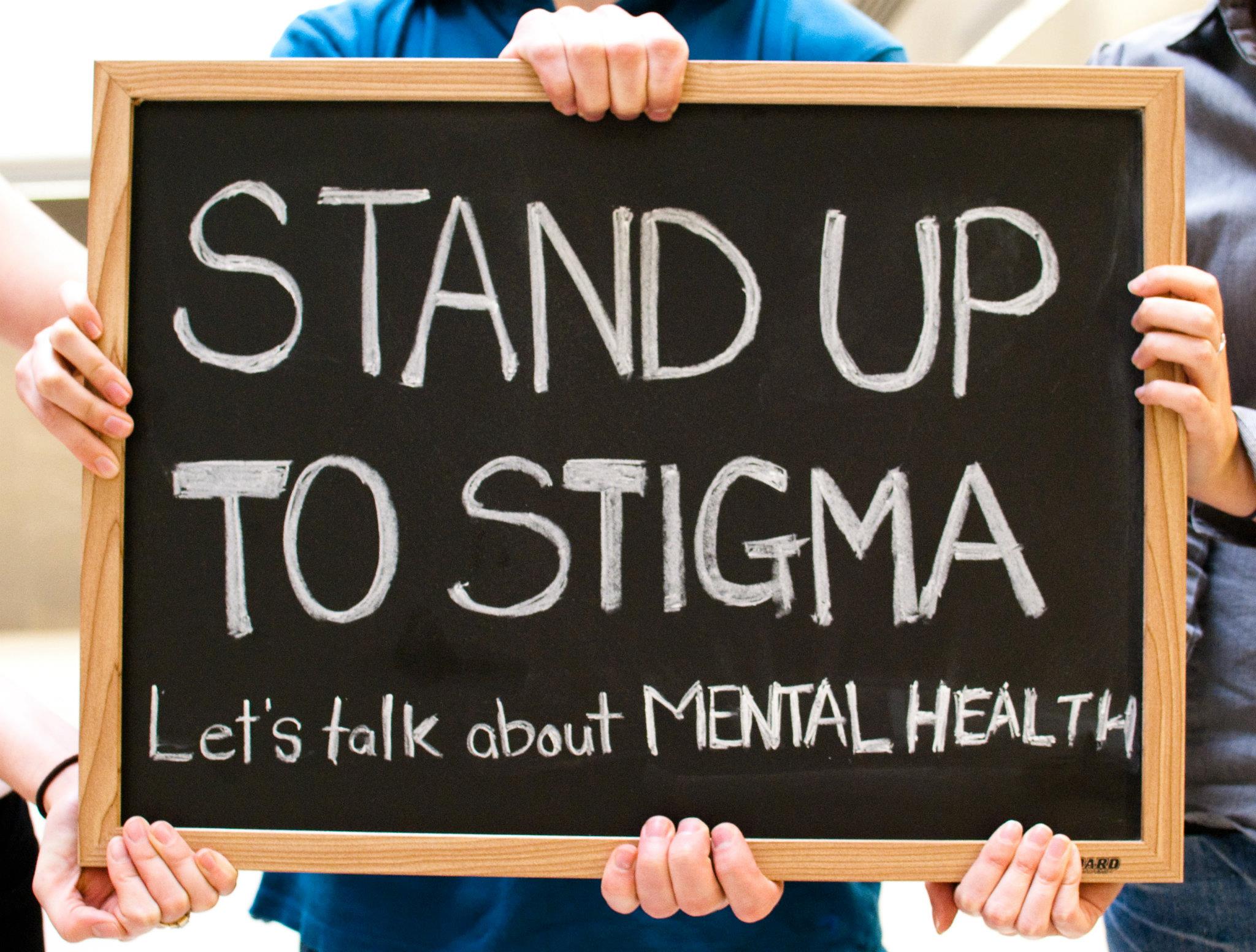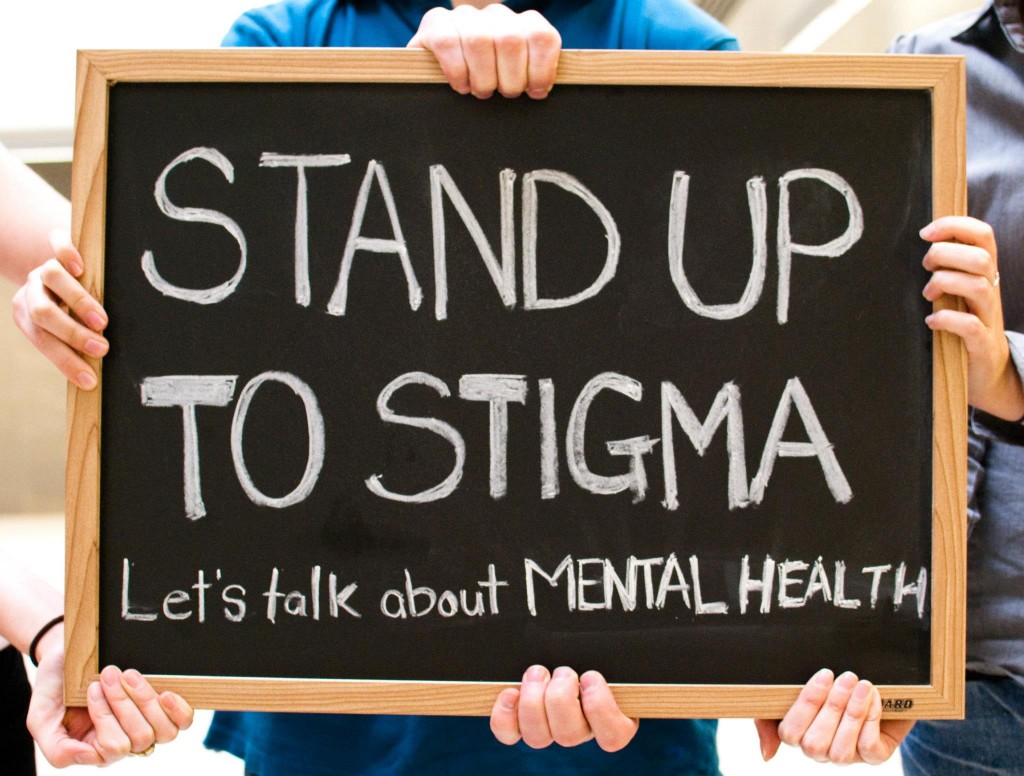
#The Struggle Is Real
“Police officers often respond to calls about people who are talking to themselves, acting erratic, going through the garbage, or just being in a place of business where the merchant wants them removed. They haven’t broken any laws; they just don’t fit the social norm. People are afraid of what they don’t understand…they don’t understand mental illness.”
I found this quote from a person experiencing mental illness on a flyer of Naomi Ruth Cohen Institute for Mental Health Education. As a Dance/Movement Therapy & Counseling student working with adults diagnosed with a mental disorders, the subject of stigma and the effects it has on people is something that I care about. So in an effort to contribute something to the conversation about mental health, I would like to share one of my experiences of being an intern working with people who experience mental illnesses.
The first time I walked down the long hallway of unit 631 at Advocate Illinois Masonic Medical Center I was nervous and almost afraid of what I assumed I would experience there. Unit 631 is a locked inpatient psychiatric unit for adults experiencing mental illness. Most people admitted to this unit are either a danger for themselves or for others. Regardless of the fact that I had worked in a similar setting before, I could not stop my mind from creating images and fantasies about this population while I was walking down that hallway; Images of people being out of control, screaming, starring at me, banging their head against the wall, or showing other forms of behavior, which would be considered “bizarre” by the main population. In that situation I did do what many others would have done: I stigmatized the population I was going to work with based on things that I had seen in the public media or stuff I had heard, because I did not know what to expect.
After working on the unit for a couple of weeks, I had to realize that my concerns and images about this population were arbitrary. Of course, I have seen some of the behaviors described above, which are part of the symptomology of different mental disorders. However, I have seen so much more: love, compassion, friendship, sadness, desperation, excitement, … . Listening to the stories of my clients has taught me more about life and mental illness than any book or TV show could have. I realized that it is easy to jumpy to conclusions and dehumanize someone who acts in a way that we do not understand. But talking to them and seeing the person behind those behaviors has so much more value to it. I finally understood what it means to approach others with curiosity, openness, acceptance, and love (some core principles for therapeutic relationships taught in Columbia’s DMT&C program).
In this sense I want to encourage everybody to strike up a conversation about mental health and stigma, and try out those principles when encountering something or someone you don’t understand. Be curious about the experience of that other person, open to what they might have to tell you, accepting of what they share with you, and love them for who they are as a person, not just a symptom. I truly believe that this will not just enrich the life of the person you interact with, but also your own.


